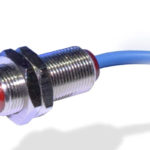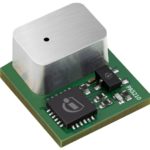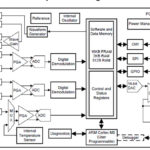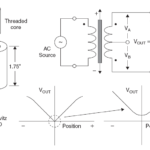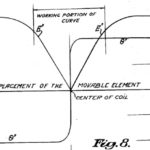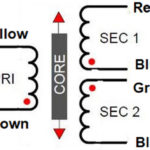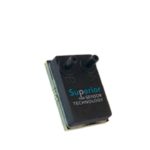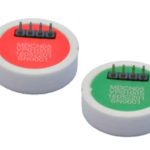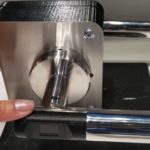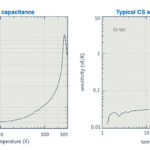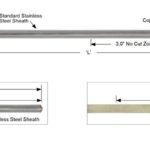 Posifa Technologies introduced its new PVC4000 series MEMS Pirani vacuum transducer. Designed for cost-effective OEM integration, the device consists of a surface-mount MEMS Pirani sensor and microcontroller-based measuring electronics — all packaged in an ultra-compact PCB assembly featuring a connector-terminated wire harness.
Posifa Technologies introduced its new PVC4000 series MEMS Pirani vacuum transducer. Designed for cost-effective OEM integration, the device consists of a surface-mount MEMS Pirani sensor and microcontroller-based measuring electronics — all packaged in an ultra-compact PCB assembly featuring a connector-terminated wire harness.
The PVC4000’s sensor element is based on Posifa’s second-generation MEMS thermal conduction chip, which operates under the principle that the thermal conductivity of gas is proportional to its vacuum pressure. The transducer’s microcontroller-based measuring electronics amplify and digitize the senor’s signal, providing output via an I²C interface. The interface also allows users to store calibration data in the microcontroller, which is utilized by a built-in piecewise linearization algorithm to provide calibrated output.
To compensate for variations in thermal conductivity due to changes in ambient temperature, the PVC4000 features a temperature compensation algorithm, which takes its input from a built-in temperature sensor. In addition, a pulsed excitation scheme, in which the sensor chip is heated for about 100 ms and then turned off for one second, prevents signal drift due to self-heating and also reduces the power consumption of the transducer.
The transducer is ideal for digital vacuum gauges. For these applications, the device combines low power consumption with extremely fast response times of <1.2 s and a wide effective range from 1 millitorr (0.13 Pa) to 1 atm (760 torrs, or 101 kPa). Readers may contact Posifa to discuss options for customizing the transducer’s specifications.
Samples and production quantities of the PVC4000 are available now. Samples may be requested on the Posifa Technologies contact page.

